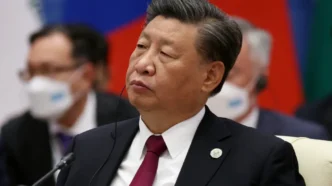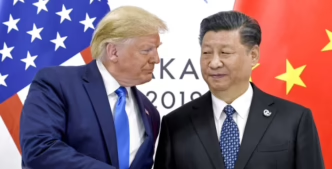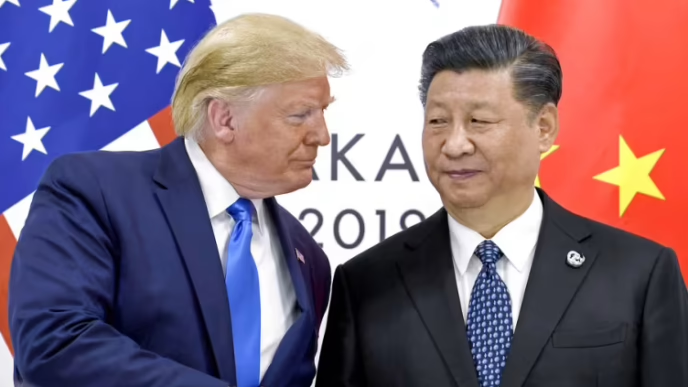In a confidential diplomatic exchange, Chinese officials acknowledged launching cyberattacks on critical US infrastructure, confirming suspicions about the state-backed Volt Typhoon campaign, according to a recent Wall Street Journal report.
The disclosure came during a private summit held in Geneva in December, where members of the outgoing Biden administration met with their Chinese counterparts. While the admission was delivered in vague and indirect language, US officials interpreted it as confirmation that China had orchestrated the Volt Typhoon attacks. Sources familiar with the closed-door talks say the campaign was likely a response to Washington’s continued support for Taiwan.
The American delegation concluded that these cyber intrusions were part of a larger strategy to intimidate the US and deter future involvement in potential conflicts over Taiwan.
Volt Typhoon Campaign: A Targeted Assault on US Infrastructure
Volt Typhoon, a Chinese-linked cyber operation exposed in 2023, targeted a broad range of US sectors. These included communication networks, power grids, manufacturing plants, maritime systems, transportation hubs, and government entities. The campaign used advanced tactics such as exploiting zero-day vulnerabilities, allowing attackers to maintain stealthy access for extended periods.
One of the most alarming revelations was that Volt Typhoon operatives had embedded themselves in the US electric grid for over 300 days in 2023. This raised serious concerns among intelligence and security experts about the potential for surveillance and large-scale disruption.
Geneva Meeting: A Rare Glimpse into Cyber Diplomatic Backchannels
The December summit shed light not only on Volt Typhoon but also touched on a related Chinese cyber campaign known as Salt Typhoon. That operation compromised telecom firms and intercepted calls and messages from high-ranking US officials. However, while Salt Typhoon is seen as traditional cyberespionage—something both countries engage in—Volt Typhoon was viewed as a hostile and provocative act that crossed diplomatic lines.
The Geneva meeting marked a rare moment of quasi-transparency in ongoing cyber tensions between the two superpowers. Although China’s acknowledgment was subtle, it signaled a strategic shift in how such cyberattacks are being used—not merely for intelligence gathering, but as geopolitical warning shots.
US-China Cyber Tensions Continue to Escalate
Over the past few years, both the US and China have stepped up efforts to publicly accuse each other of hacking campaigns. While both nations have long engaged in cyberespionage, campaigns like Volt Typhoon represent a new wave of cyber threats aimed at destabilizing infrastructure, not just stealing secrets.
Security analysts believe this could mark a turning point in global cyber conflict norms. The US is now reportedly strengthening its defensive posture, particularly around critical infrastructure, to prevent future long-term breaches.













